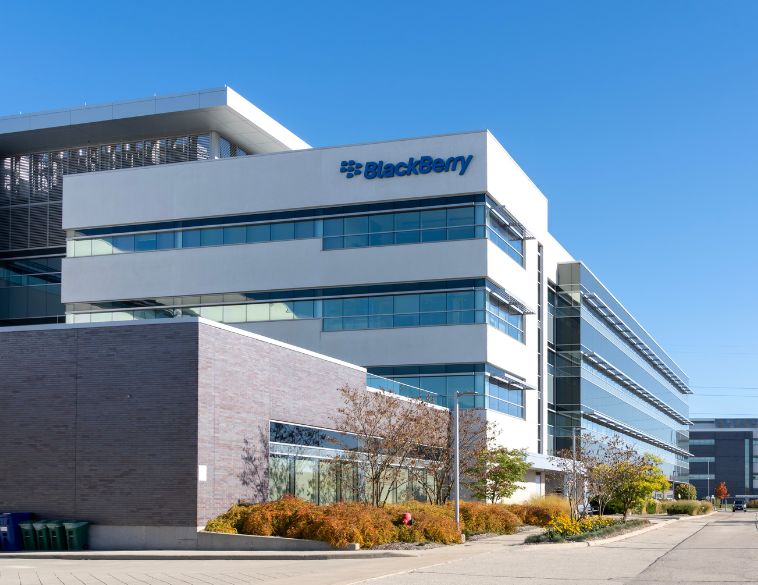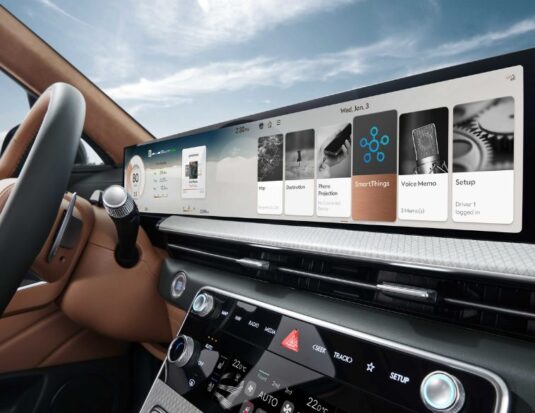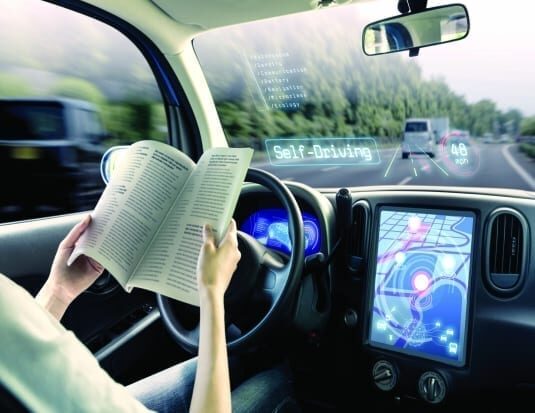Automotive technology
As the automotive industry continues to evolve, so do the technologies that power it. From electric vehicles and connected cars to autonomous driving and beyond, technology is transforming the way we think about transportation. For industry professionals, staying up-to-date on the latest trends and innovations is essential for staying competitive and meeting the demands of customers. In this page, we explore the latest advancements in automotive technology and their implications for the industry as a whole.
Electric automotive technologies
Vehicle electrification is a key topic in the automotive industry, especially in the field of electromobility. Technological advances have made it possible to produce reliable, efficient and environmentally friendly electric cars. The electrification of vehicles has also enabled an impact on the entire industry, with implications for production, dealership management, distribution, and vehicle maintenance. Car manufacturers are increasingly involved in electric technologies. Moreover, Volvo Trucks is a leader in electromobility, with a range of efficient and effective electric trucks. The Swedish brand’s innovations have significantly improved the quality and reliability of electric vehicles, with increased range and faster charging. Battery technology is also a crucial aspect of vehicle electrification, and Volvo Trucks has invested in the development of advanced batteries. Lithium-ion batteries offer high energy density and longer life, while solid-state batteries offer increased safety and fast charge. Finally, E-mobility is also driving innovation in other areas, such as energy management and kinetic energy recovery. Energy recovery systems recharge batteries during braking or deceleration, while energy management systems optimize energy use for more efficient driving.
Connected vehicles and artificial intelligence
First, that is to know that connected vehicles are on the road in increasing numbers, granting advanced functionality for drivers and passengers. New vehicles and services are increasingly exploring these technologies. Also, connected technology allows vehicles to communicate with other vehicles, road infrastructure and mobile devices, providing a more intelligent and personalized driving experience. Software technology is also a key component of connected vehicles, offering features such as navigation, music and media management, vehicle performance monitoring and safety. Car manufacturers such as Hyundai are putting a lot of effort in software technologies to improve the driving experience for drivers and passengers. Among the up-and-coming software technologies is the ADAS system (driver assistance system). Artificial intelligence is playing its part in connected vehicles, providing autonomous driving, voice recognition and hazard detection capabilities. AI algorithms can also be used to optimize vehicle performance, with intelligent energy management systems for more efficient driving.
Autonomous vehicles
Autonomous vehicles are the automotive industry future, and are already now changing the way users travel, with significant advances in the development of autonomous driving technology. Recent automotive industry events are placing increasing emphasis on these technologies. Robotaxis, or autonomous cabs, represent a major application of autonomous car technology. These aim to provide a more comfortable and safer driving experience, with advanced features such as pedestrian detection, traffic light recognition and autonomous navigation. The potential benefits of robotaxis are considerable, including reduced greenhouse gas emissions, fewer traffic accidents and improved urban air quality. Finally, the development of autonomous vehicles requires clear technological advances, especially in sensors and data processing systems. Car tracking devices and solutions such as ADESA are being improving day after day. Also, sensors such as cameras and radar offer increased accuracy for object detection, while data processing systems can handle large amounts of information in real time for smarter driving. We can also talk about Adaptive Cruise Control (ACC), a technology that is being more and more developed and improved. To learn more about the automotive industry and the latest news dedicated to industry professionals, check out our expert columns!






